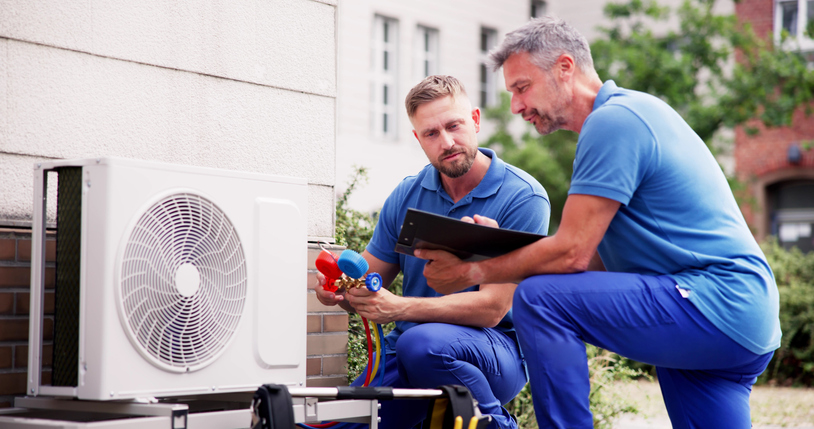
AndreyPopov/iStock/Getty images
Home Energy Audits — Take Control of Your Energy Usage
Learn if a home energy audit is right for you.Written by Dominique Sabins
Edited by Hannah Hillson
Last updated April 30, 2025
Why trust SaveOnEnergy?
Learn MoreAt SaveOnEnergy, we work to offer accurate information with editorial integrity.Our partners do not direct our editorial content, though we may reference their products in our posts. Read more about how we make money.
Key Points
- A home energy audit provides valuable insights into your home’s energy usage and areas to conserve energy.
- A professional energy auditor typically conducts home energy audits, which cost between $200 and $700 on average.
- State and federal tax incentives, like the Inflation Reduction Act, can decrease the cost of a home energy audit.
- Consider completing a home energy audit before summer arrives to ensure your home is ready for hotter weather.